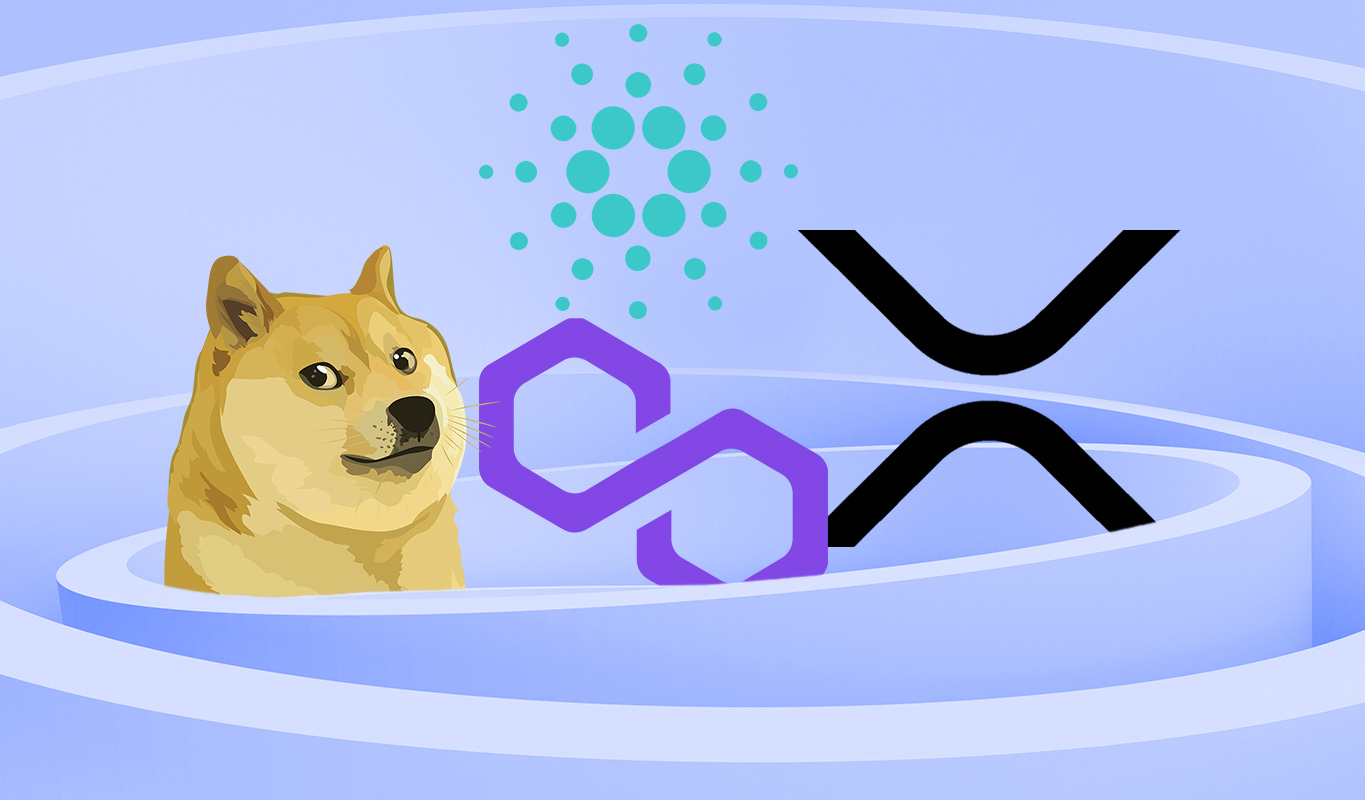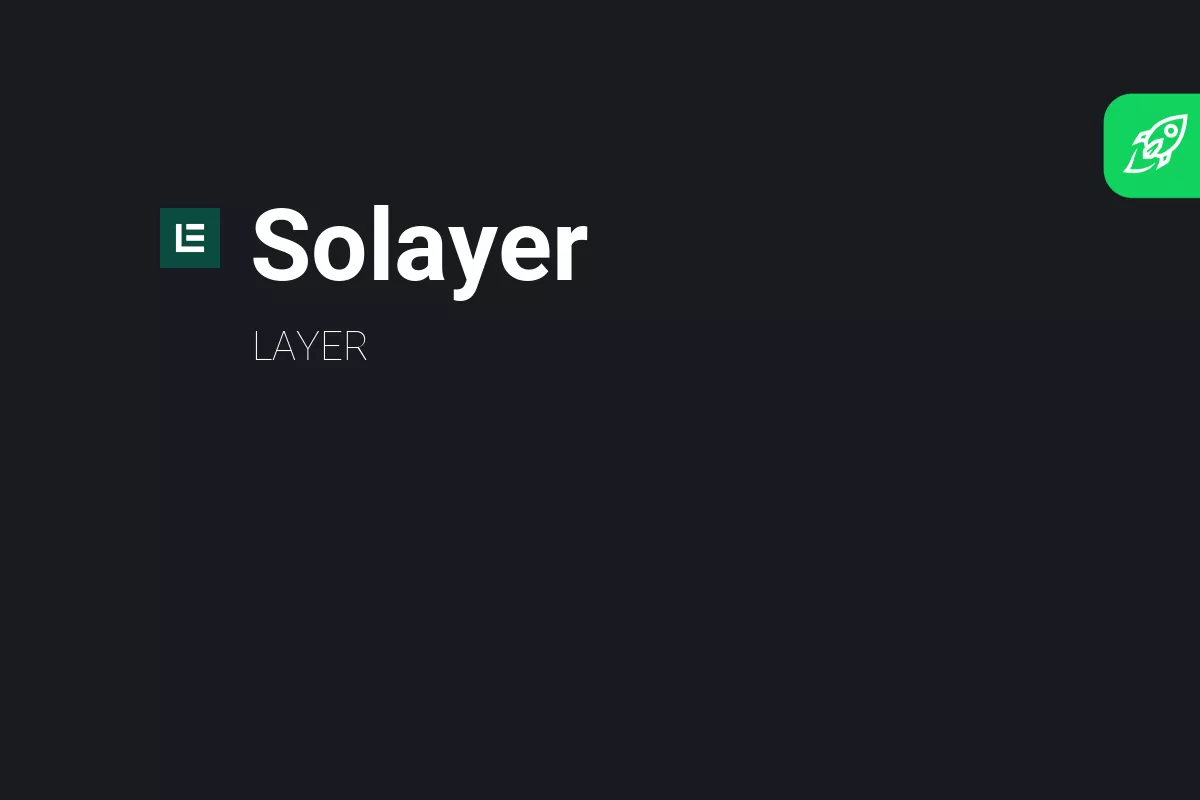A shift towards a extra modular design is at the moment taking part in out within the blockchain panorama. An increasing number of, we’re seeing information, computation, settlement, and consensus changing into untangled and tackled extra explicitly, typically by completely different gamers (and layers).
This transfer in the direction of a modular stack invitations exploration into a subject that I discover significantly attention-grabbing and worthy of debate – the thought of ‘modular consensus.’
In a latest article, my co-author Brandon and I argue that embracing modular consensus will help foster a extra accessible and expressive Ethereum ecosystem. The bottom line is to cut back demand for computational assets wanted to confirm the worldwide state.
We briefly discover the advantages and tradeoffs of 4 completely different consensus “universes”:
International Consensus: all purposes run collectively within the L1 similar universe
Sharded Consensus: some purposes run collectively in a parallel universe to flee overcrowding within the L1 universe
Appchains/Native Consensus: every utility runs in its personal universe
CPU-Particular Chains (Past Appchains): every utility can summon a number of universes

In the end, we conclude that for the Ethereum ecosystem to turn into really inclusive, we should always consciously design programs that empower DApps and customers to decide on an optimum stage of consensus locality primarily based on their very own decentralization, safety, computation, composability, and monetary issues.
Should you’re focused on diving deeper, you’ll be able to try our article right here:
https://medium.com/cartesi/bananas-casinos-local-consensus-in-a-modular-stack-969f44d9b23
Or, when you’d identical to to get your toes moist, you’ll be able to try a Twitter thread abstract right here:
https://twitter.com/ERC_Brandon/status/1600251595349839875
We consider this matter is worthy of additional exploration and would love some group suggestions!
Cheers!





















